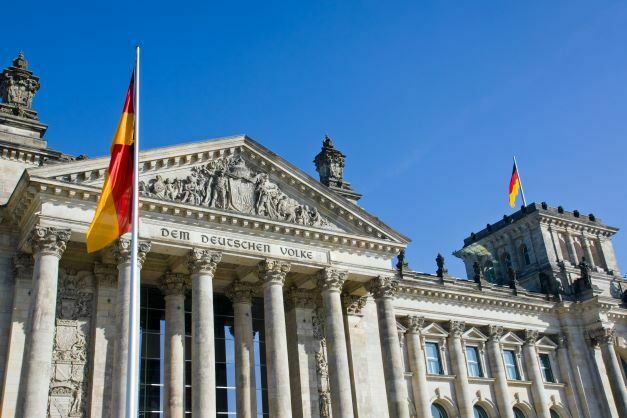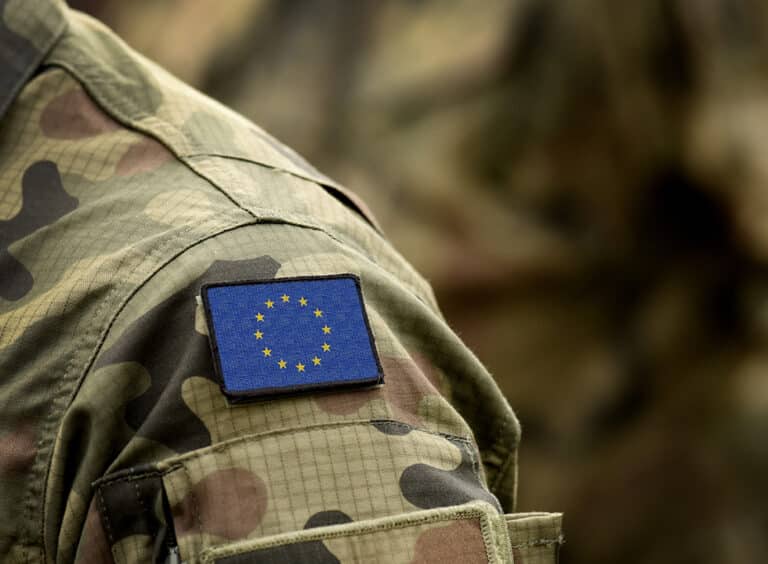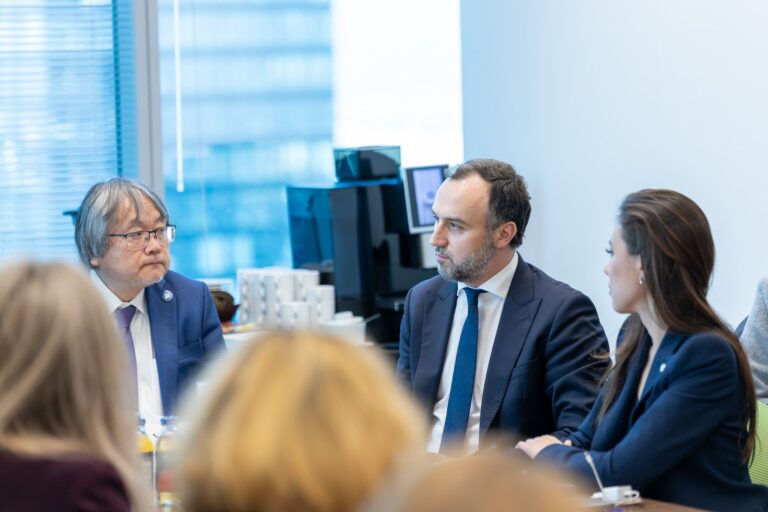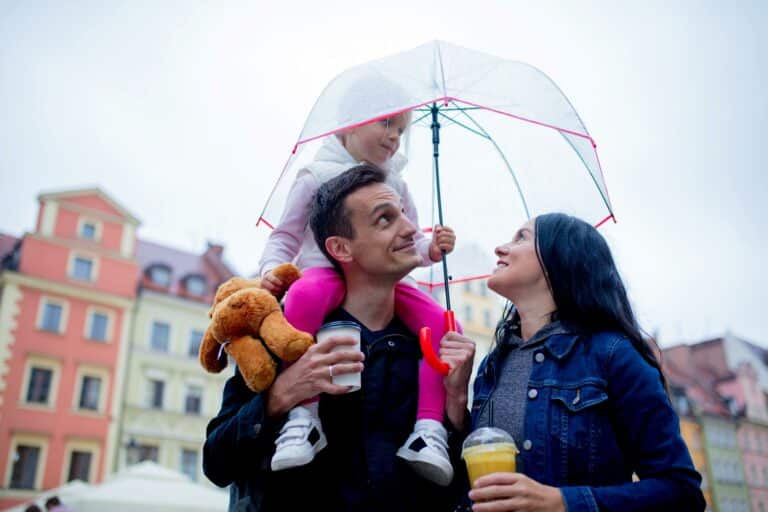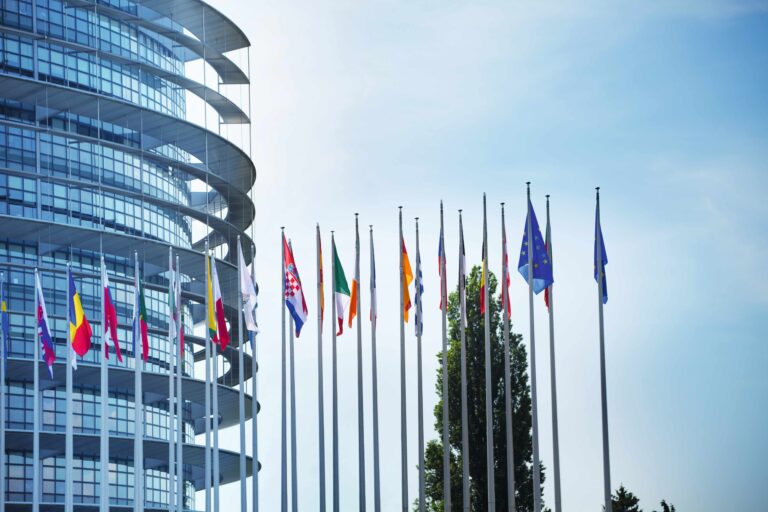Polish-Germany cooperation: from growth to growth
Germany has been Poland’s largest business partner for years. In 2020, trade between the two countries reached nearly EUR 120 billion and in 2021 will be even higher, according to Prime Minister Mateusz Morawiecki during the gala to mark the 25th anniversary of the Polish-German Chamber of Industry and Commerce AHK Polska.
Poland is now the fifth largest trading partner for Germany. According to AHK data for 2020, Poland came fourth in terms of value of imports, which is now ahead of France but behind China. In terms of German exports, Poland advanced from 8th to 6th place last year, ahead of Italy and Austria. The level of German direct investments in Poland is EUR 40 billion. German enterprises in Poland employ nearly 400,000 people.
“Germans and Poles work together on the main development directions of the European Union, such as the competitiveness of the European economy in the conditions of energy transformation, the development of hydrogen technologies, electromobility and ICT,” Morawiecki said.
The prospects for further cooperation in these areas were discussed at the conference “Polish-German Markets of the Future” organized by AHK Polska, which gathers experts from both countries who identify future areas in Polish-German economic cooperation.
Bartosz Lipnicki, founder of the venture capital outfits Alfabeat sees great potential for IT in Poland: “Poland is particularly attractive when it comes to IT specialists and data scientists. Some 5% of all IT programmers in the world come from Germany and Poland together.”
Bayer chose Warsaw as the location for its new digital center also because of the IT profits. Markus Baltzer, CEO of Bayer Central Eastern Europe, explains: “We thought about it for a long time. Poland is convincing due to its size and number of universities. Google, Microsoft, IBM already have hubs in Poland. This means that more and more young people are studying computer science. There are also many start-ups, that we appreciate working with. Our Polish colleagues are proud of their adaptability and are very ambitious. “
Thomas Duschek, head of SAP Polska sees the pandemic as a turning point for the digital transformation in Poland: “We have seen that digitization was an important factor that allowed companies to get through the pandemic well. IT infrastructure in Poland is modern, the country is prepared. The shortage of qualified employees in Poland is not so acute, but still companies must be prepared for remote sourcing. A big plus is that Polish politics has noticed the importance of digitization.”
This is also confirmed by Dawid Solak, president of the Polish Future Industry Platform: “Poland pays a lot of attention to digitization and robotization. There are many instruments to facilitate the digital transformation of Polish companies.”
Next to the digital, a lot of attention has been paid to the energy transformation.
Michael Harms, Managing Director of the Committee on Eastern German Economy, moderated the panel “Green Technology as a Trendsetter and Job Driver.” For Ariel Porat, Senior Vice President of Siemens Energy, Poland is facing great changes: “The departure from coal, hydrogen, renewable energies offer new opportunities. Siemens Energy wants to focus more on cooperation with Polish start-ups and use high-class specialists in Poland.”
For wind energy expert Holger Matthiesen from RWE Renewables, offshore wind energy is “the next big topic” in Poland.
“I am impressed with how the Polish administration has managed to implement offshore projects during the pandemic. In my opinion, Poland is an ideal location for the offshore, not only because of wind resources, but also because of supply chains, skilled workers and the development of seaports.” The RWE specialist sees potential for Polish-German cooperation, also in the field of hydrogen,” he said.
Berlin entrepreneur Marcin Ratajczak, CEO and founder at Inuru, leader in innovative packaging adds a personal context: “I came to Germany in 1988, I grew up here. Both Inuru founders are Poles and we set up our company here. In the meantime, we got Polish investors and we are building a research and development center in Poland. German science has made us great, now we are growing thanks to Polish capital and Polish dynamics. “
Tim Riedel, founder and managing director of the planetgroups network, also referred to personal experiences. Living in the Polish-German border area, he sees great opportunities in the Polish-German neighborhood that have not yet been sufficiently used.

